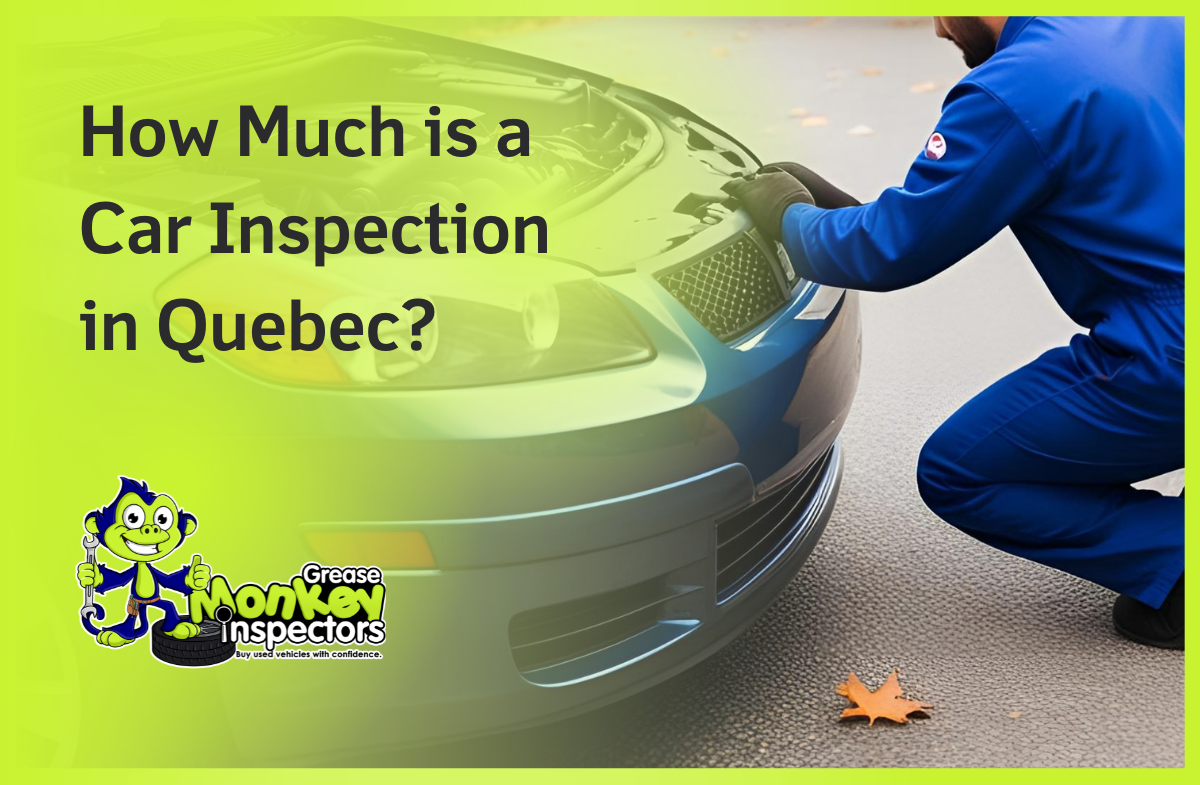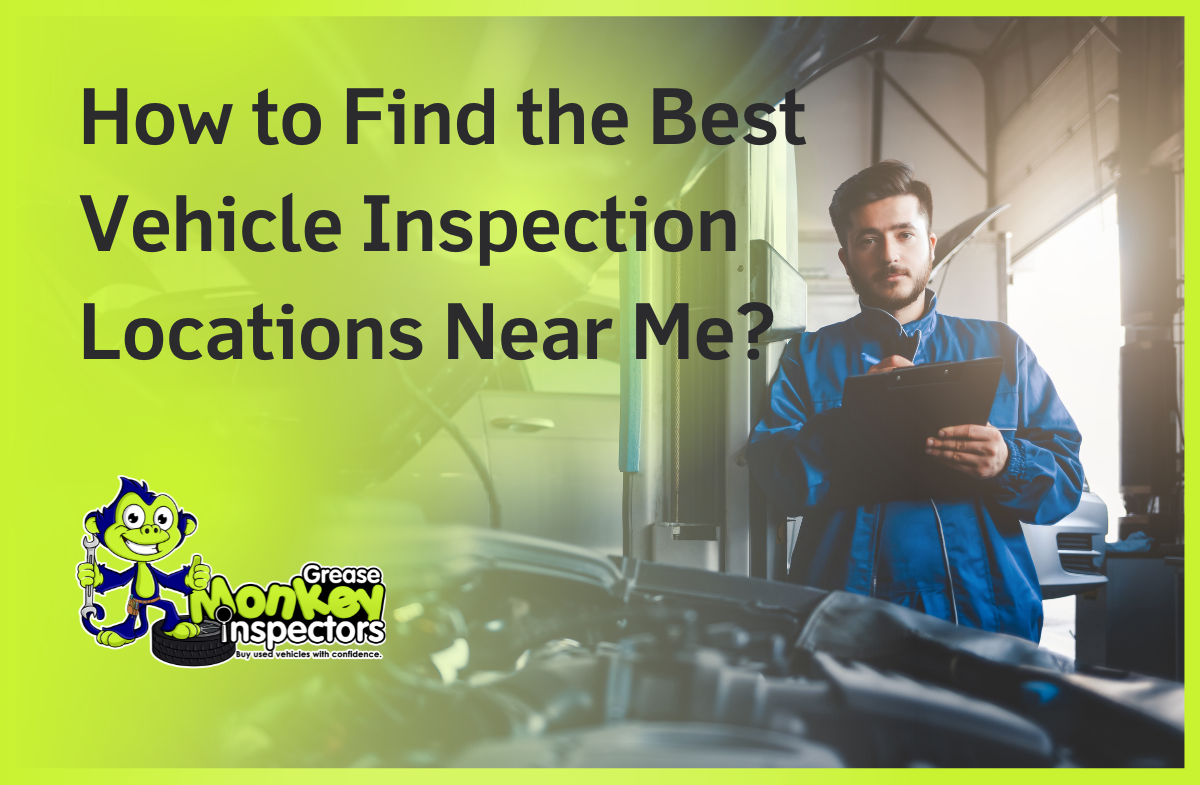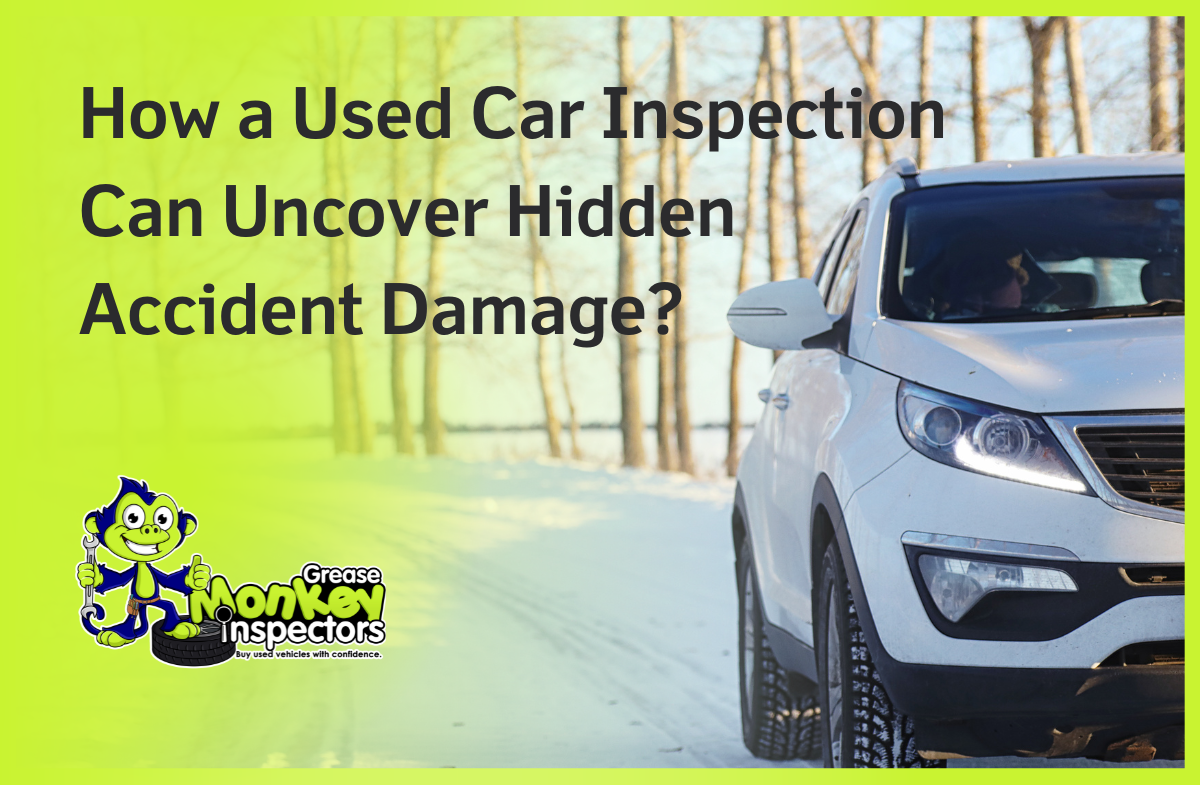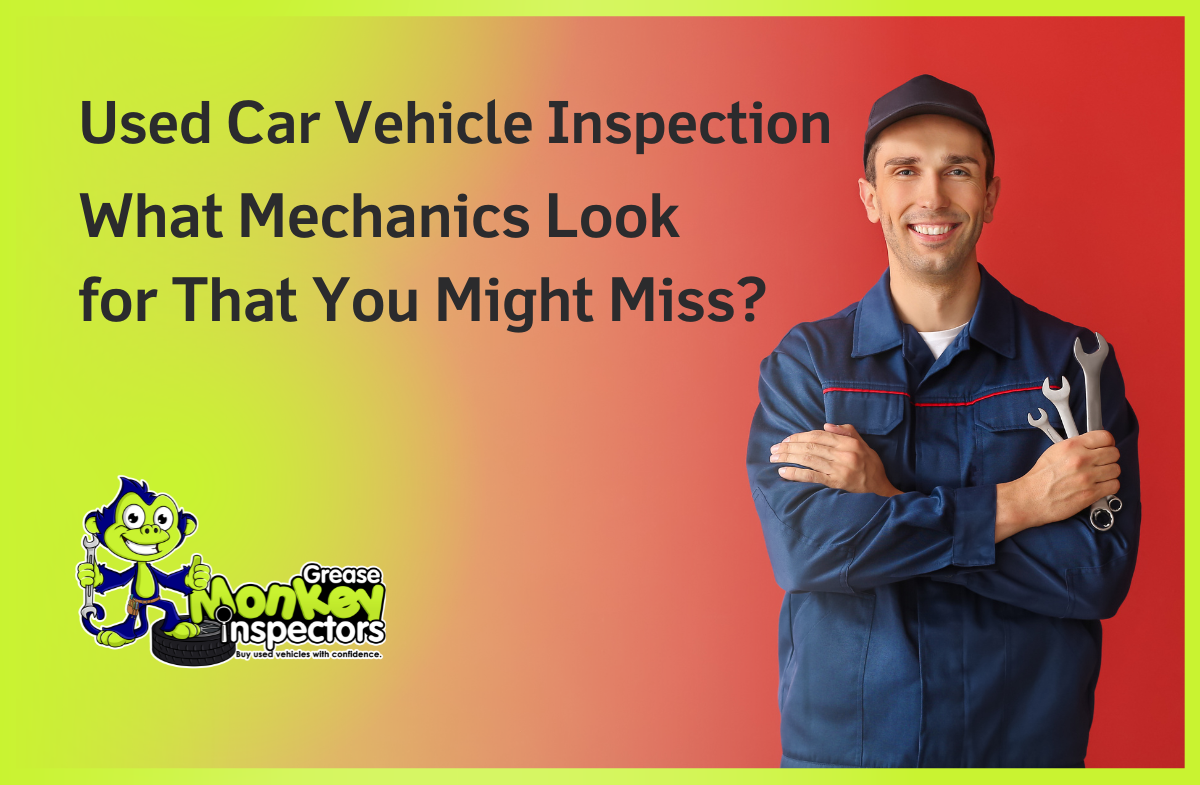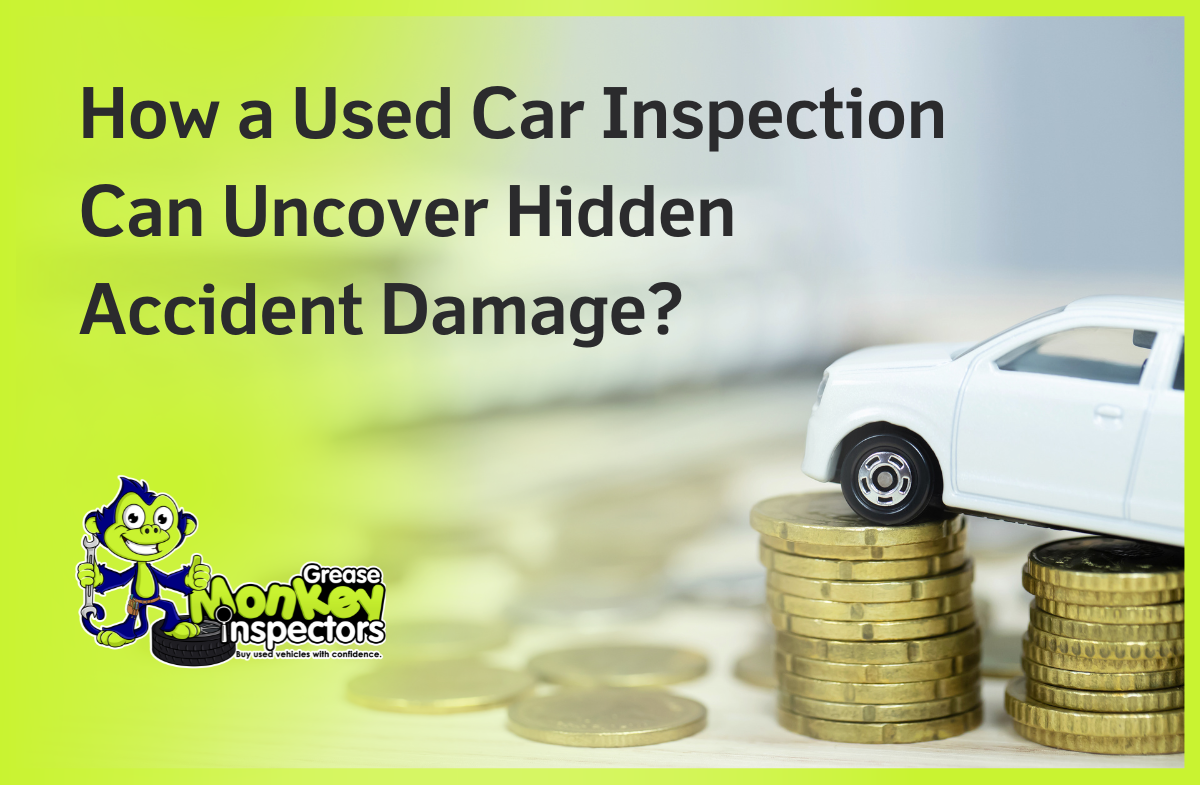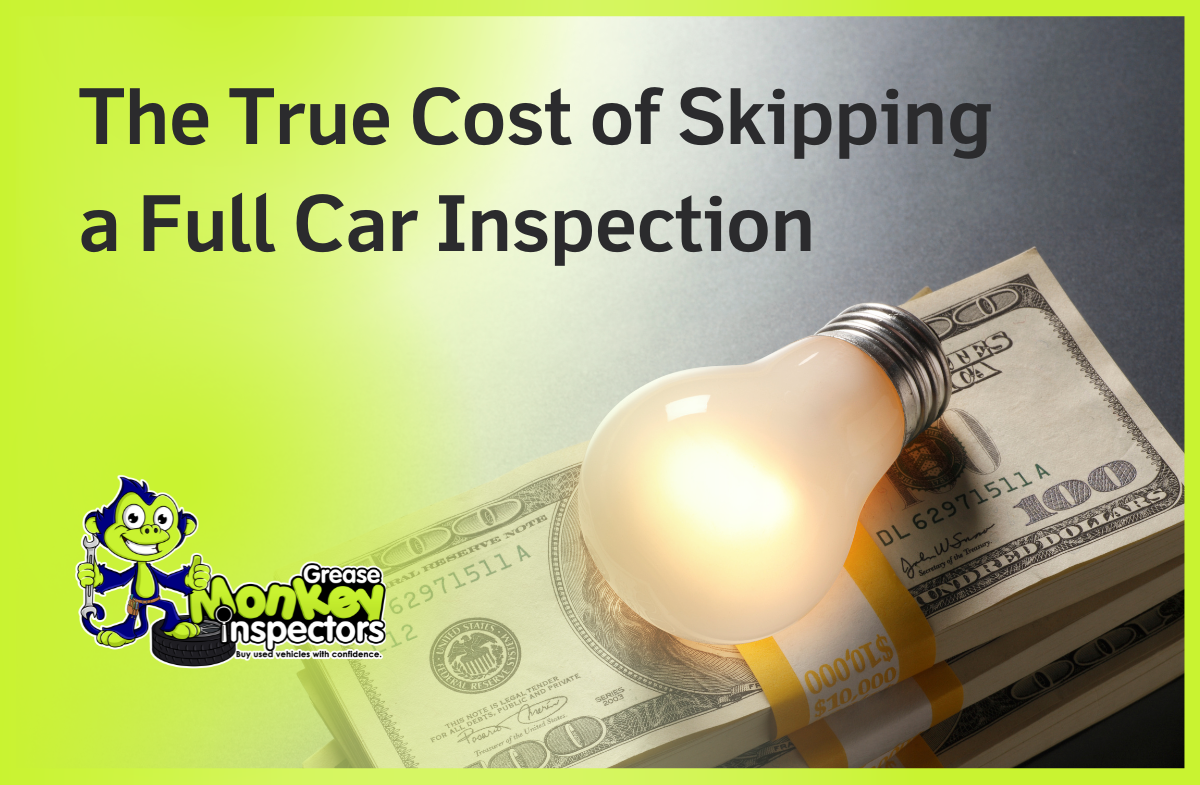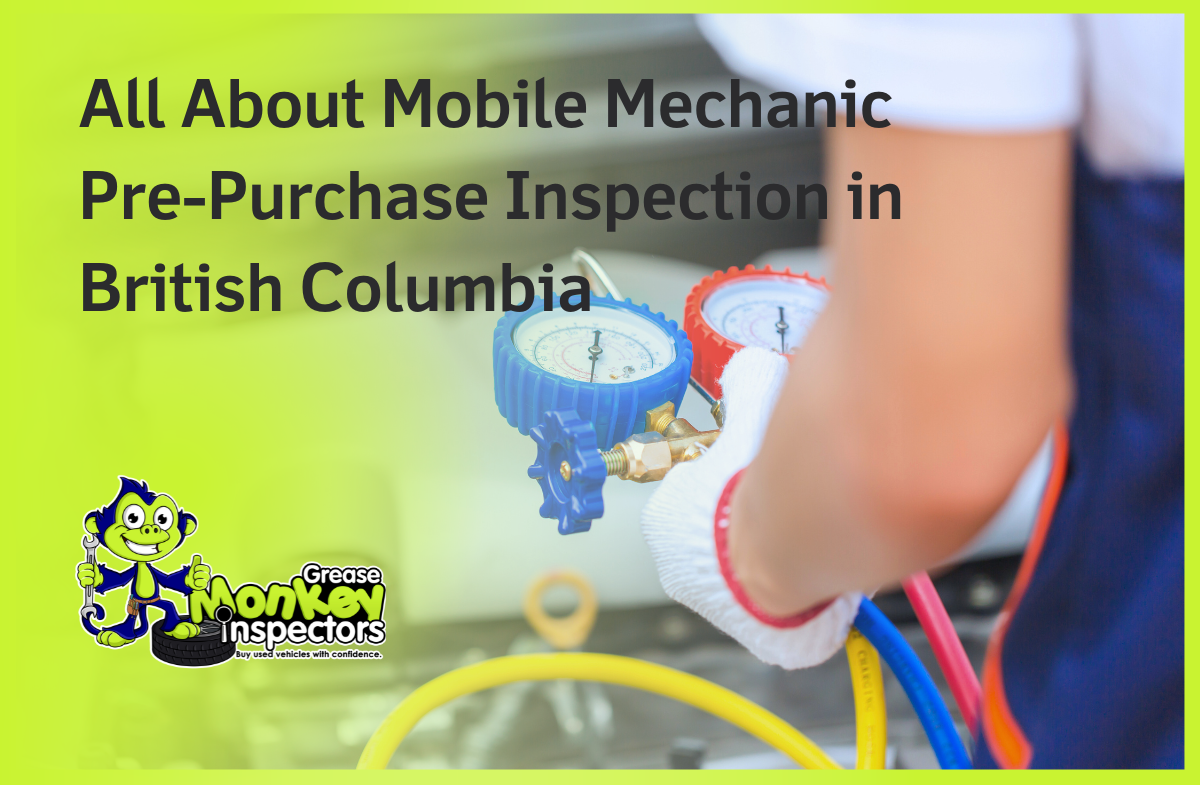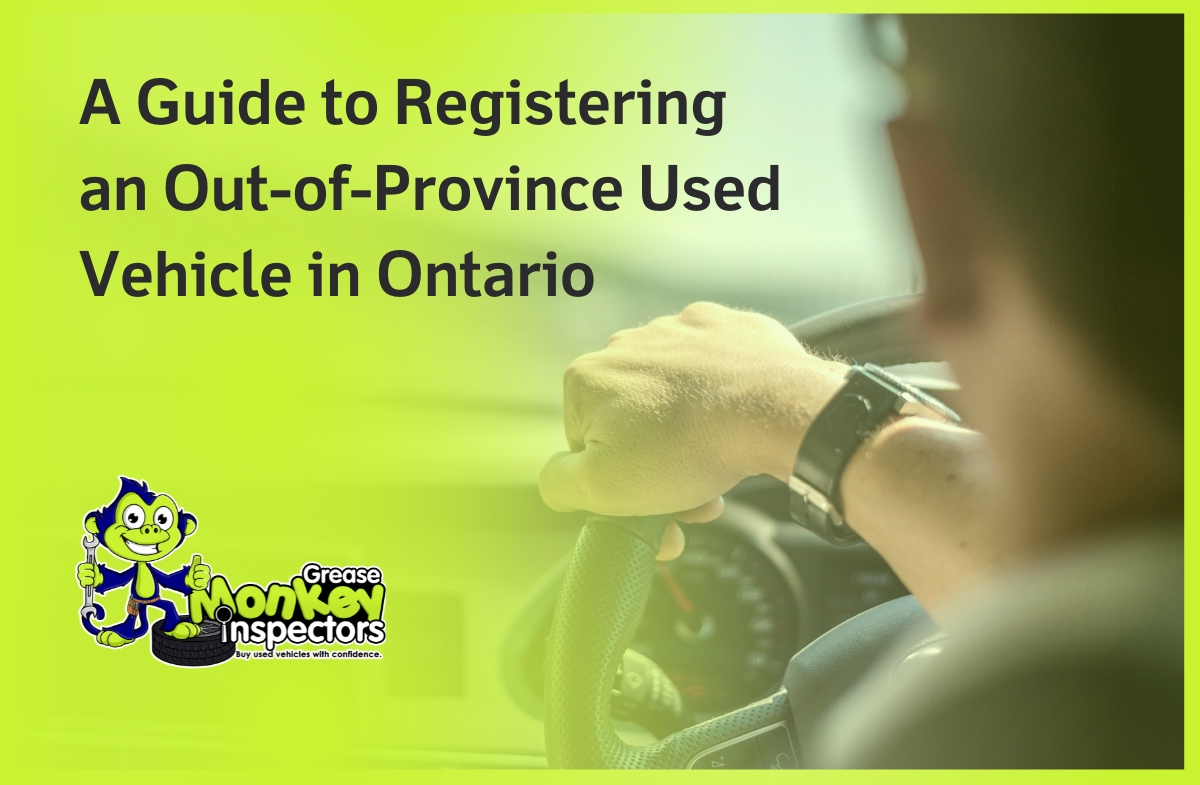Navigating the rules of buying and registering a used car in Canada as an expat can feel overwhelming. Whether you’re settling in for the long term or just starting your Canadian chapter, this guide will provide everything you need to drive away with confidence.
Can I Buy a Car in Canada as a Foreigner?
Yes, as a foreigner, you can buy a car in Canada. You’ll need key documents like a valid driver’s license, proof of address, and identification. Non-residents can also make purchases if they meet all provincial requirements. Don’t worry about over-complicated legal hurdles; the process is accessible to permanent residents and long-term expats.
How to Buy a Car in Canada?
When searching for a used car, you have two main routes to explore:
- Dealerships
- Private Sellers
Once you’ve chosen a car ensure all documentation is in place and, most importantly, inspect the vehicle before purchase. Also verify its history using tools like Carfax to avoid any unpleasant surprises later.
Registering a Used Car as an Expat
After purchasing your vehicle, registration is mandatory before you hit the road. Here’s what you need to register a used car in Canada:
- Proof of Ownership (Transfer of Ownership Document)
- Valid Driver’s License
- Proof of Insurance
- Vehicle Information Package (if purchasing from a private seller)
Make sure to visit your provincial transportation authority to complete the vehicle registration process. Every province may have slight variations in its rules. So, double-check the specifics for your location.
Why Do You Need a Pre-purchase Inspection Before You Buy?
When buying a used car, getting a pre purchase inspection is essential. (Learn more here – Why should you get a pre purchase car inspection report before buying a used car)
For expats unfamiliar with Canadian cars or climates, a qualified inspection ensures that:
- There are no hidden mechanical issues or wear.
- The vehicle is safe for winter conditions.
- The cost aligns with the value of the car.
Companies like Greasemonkey Inspectors provide thorough used car inspections across Canada, helping you avoid costly mistakes.
If you’re ready to skip the guesswork, trust Greasemonkey Inspectors for your second hand car inspection. We’re committed to helping expats and all buyers make smarter car deals.


